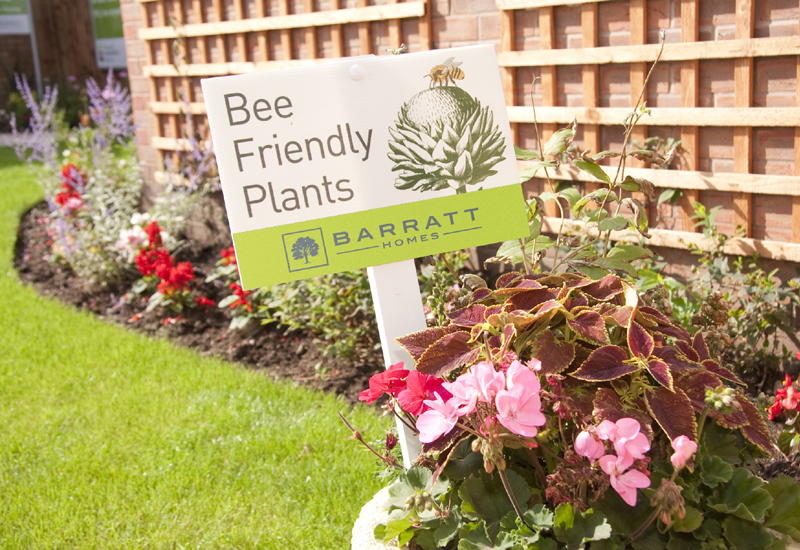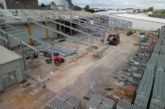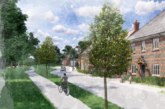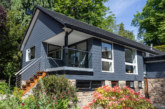
Barratt Homes North Thames is planting a range of bee friendly plants at developments in Letchworth Gardens City and Hemel Hempstead in an attempt to help support our threatened pollinators.
The developer has pledged to plant bee-friendly flowers and shrubs in the gardens of its sales centres and show homes to help boost bee numbers.
Honey bees and the many types of wild bee such as bumblebees are under threat from loss of habitat, weather and disease and their importance is often underestimated. One in three mouthfuls of food that humans consume is reliant upon pollination, including strawberries, apples, pears, chocolate, sweet peppers, chillies, margarine, mustard and herbs.
Ian Sadler, Managing Director of Barratt Homes North Thames, said: “We want to help raise awareness of the very real threat that British bees are currently facing and do our bit to prevent bee numbers from dwindling further. The flowers and shrubs we plant in the gardens of our developments will benefit bees most of the year round.”
The move follows a company-wide agreement with the RSPB to boost natural habitats at forthcoming homes developments using updated landscaping and new guidance.
Paul Stephen, RSBP bio diversity adviser said: “We are asking everyone to help give nature a home as even a few small touches can make a big difference for wildlife. Gardens can be a fantastic space for families to relax or play, and we would like to see people feel inspired to do something for nature after they visit one of these show homes in Hertfordshire.
“Sadly the UK’s bee populations are in decline, but planting the right mix of flowers, shrubs and bushes will help reverse this. And, plants rich in nectar and pollen will not just be welcoming to bees, but will look great for homeowners who want a garden full of life and colour.”
Barratt Homes is encouraging schools, businesses and local residents to follow in its footsteps wherever possible to provide homes and suitable plants for the bees.
Bee-friendly plants are those which produce lots of nectar and pollen, and include hardy geraniums, poppies, lavender, heathers, foxgloves and fruit trees.








